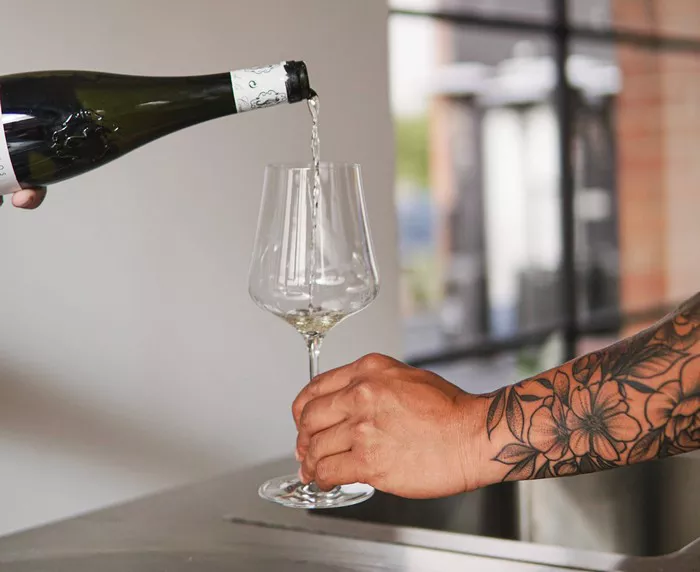Brandy and cognac are two distinct spirits that often spark confusion among consumers due to their similarities. However, they differ in various aspects, including production methods, regions of origin, and flavor profiles. To comprehend the nuances between brandy and cognac, it’s crucial to explore their individual characteristics and unique qualities.
Defining Brandy and Cognac
To grasp the disparity between brandy and cognac, one must first understand the broader category they belong to. Brandy, a spirit derived from fermented fruit juices or wines, encompasses a wide range of alcoholic beverages. On the other hand, cognac is a specific type of brandy originating from the Cognac region in France. Therefore, all cognacs are brandies, but not all brandies are cognacs.
Production Process: Brandy vs Cognac
One of the fundamental differences lies in their production methods. Brandy, in its generic form, can be crafted from various fruits like grapes, apples, pears, or even cherries. The base fruit is fermented, distilled, and aged in wooden barrels to develop its unique flavors. Cognac, however, follows a more regulated and refined process. It is exclusively made from specific grapes, primarily Ugni Blanc, grown in the delimited Cognac region. The distillation process occurs twice in copper pot stills, followed by aging in oak barrels for a minimum of two years.
Region of Origin
The geographical origin is a crucial factor setting brandy and cognac apart. Brandy can be produced worldwide using different fruits and varying methods. It has diverse origins, including Spain, Italy, the United States, and South Africa. Conversely, cognac strictly originates from the Cognac region in France. The region’s unique climate, soil, and expertise contribute to the distinctive taste and quality associated with cognac.
Aging and Maturation
The aging process significantly influences the flavors and quality of brandy and cognac. While both undergo aging in wooden barrels, cognac typically ages for a more extended period, often surpassing the minimum requirement of two years. The aging duration for cognac is categorized into specific labels such as VS (Very Special), VSOP (Very Superior Old Pale), and XO (Extra Old), indicating different aging periods. Conversely, generic brandies may have shorter aging periods, resulting in a different taste profile.
Flavor Profiles
Another notable distinction lies in their flavor profiles. Brandy, due to its diverse production methods and ingredients, can exhibit a wide array of flavors. It might range from fruity and floral to spicy or nutty, depending on the fruit used and the aging process. Cognac, known for its complexity and finesse, often boasts flavors of dried fruits, oak, vanilla, and subtle floral notes. Its flavor profile is a result of the specific grape varieties, terroir, and meticulous aging process.
Quality and Pricing
The strict regulations and controlled production process contribute to cognac’s perceived higher quality and subsequently higher pricing compared to generic brandies. Cognac’s adherence to specific standards and limited production from a designated region often commands a premium price. Conversely, brandies, being more diverse in origin and production, vary widely in quality and pricing, catering to a broader consumer base with options at different price points.
Usage and Pairing
Both brandy and cognac offer versatile uses in cocktails, cooking, or enjoyed neat. Brandy’s diverse flavor profiles make it suitable for various mixed drinks, desserts, and even as a cooking ingredient. Cognac, with its refined taste and complexity, is often savored on its own or in classic cocktails like the Sidecar or Sazerac. It pairs excellently with chocolate, cheese, and certain desserts, enhancing the dining experience.
Conclusion
In conclusion, while brandy and cognac share similarities as both being types of distilled spirits derived from fermented fruits, they differ significantly in terms of production methods, regions of origin, aging processes, and flavor profiles. Understanding these distinctions enables enthusiasts and consumers to appreciate the unique qualities each spirit offers. Whether enjoying the diverse range of brandies or savoring the elegance of cognac, both spirits provide a rich tapestry of flavors and experiences for discerning palates.


